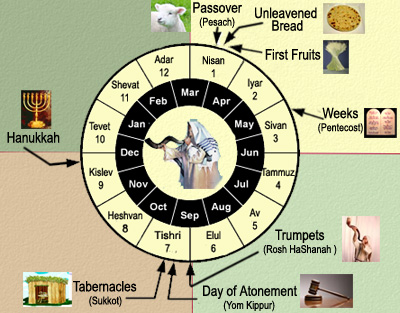Study based on Gordon’s sermon: Jewish Feasts Part 4 – Day of Atonement (Yom Kippur)
Reading: Leviticus 23:26-32
- Leviticus 16 contains instructions for the priest on the Day of Atonement. Why do you think Aaron needed to make atonement for himself before making atonement for the people? (see vv 11–14). How is this step different from when Christ performed His Atonement? (Hebrews 9: 6-15)
- Why did Aaron need two goats? (see vv. 6–10). How do both goats (the one used for the offering and the one used as the scapegoat) represent Christ and His Atonement? (see vv. 20–22).
- Using Hebrews 10 vv1-18 compare the work of the High Priest with that of Christ in achieving atonement.
- Discuss the effects of Christ’s finished work of Atonement, past (sins forgiven), present (no condemnation) and future (We shall be like Him).
This term’s prayer pointers:
- Give regular thanks for answered prayer;
- Pray that The Lord will build His Church at New Connexions: spiritually, physically and numerically;
- Seek the Lord for direction as to outreach in the year ahead.





